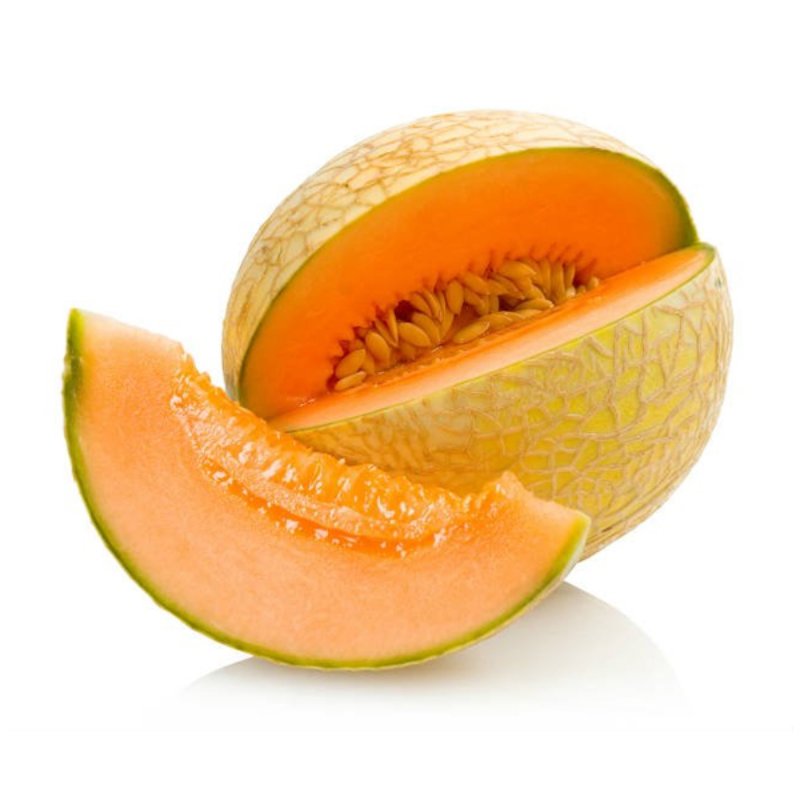- Species and varieties: Melon seeds belong to the species Cucumis melo, which includes a variety of melons such as cantaloupe, honeydew, and Galia. Each variety has its own unique characteristics in terms of flavor, texture, and appearance.
- Hybrid or heirloom: Melon seeds can be either hybrid or heirloom. Hybrid melon seeds are bred for specific traits such as disease resistance, uniformity, and higher yields. Heirloom melon seeds are open-pollinated and have been passed down through generations, often prized for their unique flavors and historical significance.
- Pruning and training: Melon plants benefit from regular pruning to remove excess foliage and improve air circulation. Training the vines to grow on a trellis can help save space and reduce the risk of disease. Pinching off the growing tips can encourage the plant to focus energy on fruit production.
- Fertilization needs: Melons require a balanced fertilization regimen. Before planting, incorporate compost or well-rotted manure into the soil. During the growing season, apply a balanced fertilizer (such as 10-10-10) every 3-4 weeks. Avoid excessive nitrogen, as it can lead to lush foliage at the expense of fruit development.
- Hardiness zones: Melons are typically grown in USDA hardiness zones 4 through 11. They require warm temperatures and a long growing season to produce fruit.
- Climate requirements: Melons thrive in warm, sunny climates with temperatures ranging from 70°F to 90°F (21°C to 32°C). They require well-drained soil with a pH between 6.0 and 6.8. Melons need consistent moisture, especially during fruit development, but they do not tolerate waterlogged conditions.




